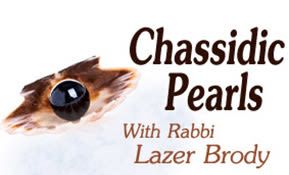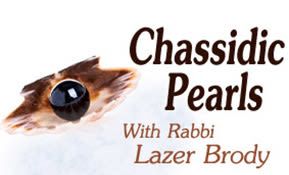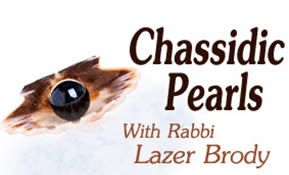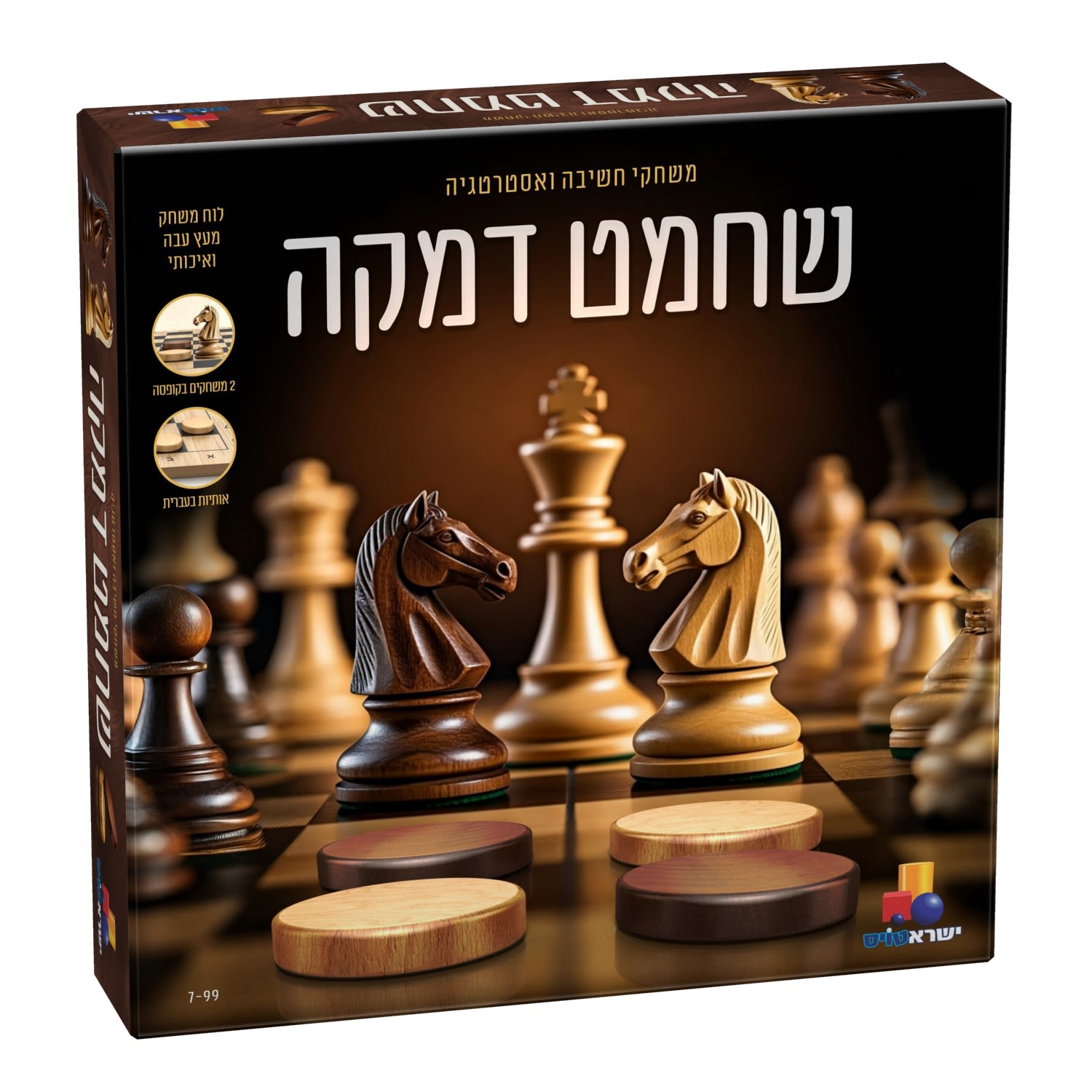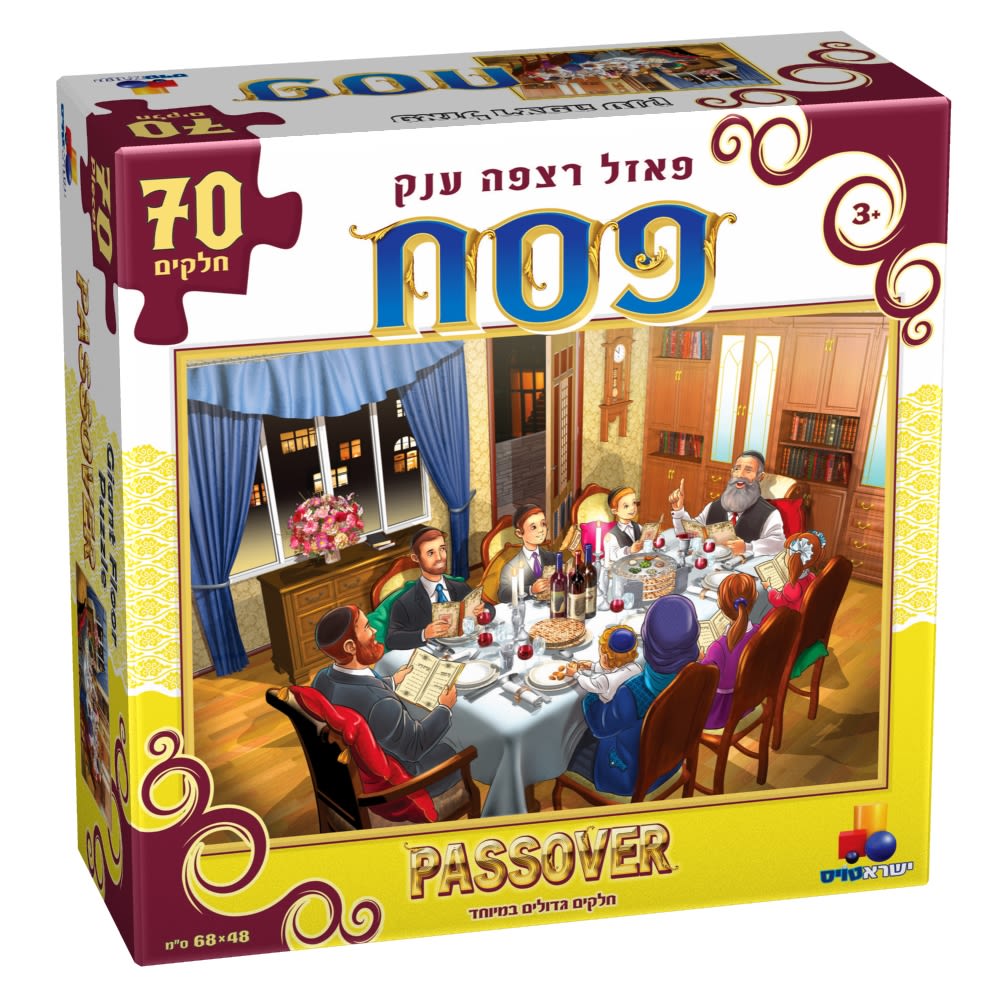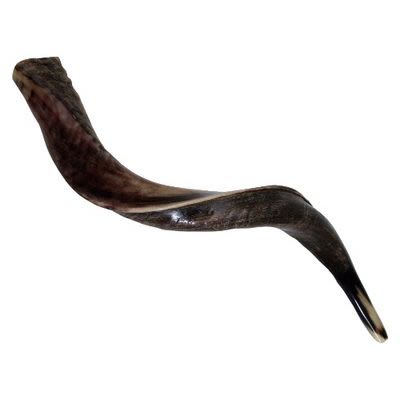
Vayera: Raising Outstanding Children
Yet, there are other nations that also follow in the ways of Hashem in that they do good and charitable deeds, such as sending relief to...

"And they shall keep the ways of Hashem" (Bereishit 18:19).
Rebbe Nachman of Breslev teaches that by virtue of emuna, the complete and steadfast faith in Hashem, a person merits children (Sichos HaRan, 34). At a superficial glance, Rebbe Nachman's teaching seems odd. After all, the entire world has children; yet few have attained true emuna. Rebbe Nachman's intent must therefore be much deeper than what appears on the surface, as we will explain:
When the Torah states, "And they shall keep the ways of Hashem" the Torah is testifying that Avraham's (Abraham) offspring will guard and observe Hashem's commandments.
Hashem explains that Avraham is destined to father a great and spiritually lofty nation by virtue of the fact that he educates his offspring to follow in the ways of Hashem; he does this most effectively by teaching them emuna. Yet, there are other nations that also follow in the ways of Hashem in that they do good and charitable deeds, such as sending relief to disaster areas or feeding the poor. Why don't they become a "chosen people"? What's the inherent difference between them and the Jewish People? With Hashem's infinite grace, the following parable will help us answer our question:
The King had twelve ministers, each in charge of a particular facet of government. The King barely slept, for his workload demanded at least twenty hours per day. As a result, he was unable to handle many urgent matters that demanded his personal attention. After serious consideration, the King decided to appoint a viceroy that would serve as his personal assistant and chief minister. Such a viceroy could remove a considerable load from the King's shoulders.
The King wanted to insure the cooperation of all his ministers with the new viceroy, so he decided to let them elect their new superior from among themselves. In the initial ballot, four ministers voted for the Minister of Defense and four minister voted for the Minister of the Treasury. The remaining four ministers voted for various other candidates. The King decided to hold a second and final ballot, where the twelve ministers would choose between the Minister of the Treasury and the Minister of Defense. The election would be held in a special cabinet meeting in thirty days time.
During the next thirty days, the Minister of the Treasury darted feverishly from ministry to ministry, campaigning among his peers to secure his election as viceroy. Discreetly, he left a gift on the table of each of his colleagues at the termination of his respective meetings with them. To one, he gave a solid gold watch. To another, he gave a priceless antique saber. The Minister of the Treasury spent thousands on diamond rings and ivory-handled pistols. He knew how to find favor in the eyes of each individual colleague. The upcoming election received his entire attention, even at the expense of neglecting the pressing affairs of his own ministry.
On the other hand, the Minister of Defense paid no attention to the imminent elections. Rebel insurgents were making trouble in the north of the kingdom; the Minister of Defense left the comforts of the capital city to personally direct the army's counter-insurgence campaign. He slept in a tent with the commanders, and ate the same food that the front-line soldiers ate, sacrificing all personal convenience for the welfare and security of the kingdom. Oftentimes, exhausted, he'd fall asleep on his Spartan field cot with his clothes on.
The King observed both ministers without intervening. He knew exactly where each was and what each was doing. He knew about the Minister of the Treasury's lavish gifts to his colleagues and about the Minister of Defense's sleepless nights in the war zone. Nothing escaped the King's eyes. He was fully briefed on all the affairs of the Kingdom from his own especially reliable sources.
The night before the election, a royal messenger knocked on the door of each of the ministers – except for the two candidates – and personally handed them a note from the King, sealed with the royal seal. "My dear Minister," read the note, "for the good of the kingdom and as a gesture of your unshakable loyalty to me, please vote for the Minister of Defense. With appreciation, the King."
Ten ministers voted for the Minister of Defense; the Minister of Defense abstained. One minister voted for the Minister of the Treasury – he himself. The Minister of Defense became the King's chosen viceroy.
* * *
The Minister of Defense symbolizes our forefather Avraham, whose selfless, unwavering service to the King of kings earned him the Divine blessing that his offspring will be the "viceroys," the King's chosen. The nations of the world can't fathom the notion of selflessness, and their good deeds are actually the result of their owned vested interests, just like the Minister of the Treasury. As such, their offspring don't achieve the status of the King's chosen.
In light of the above, we can now better comprehend Rebbe Nachman's intent when he said that a person merits children by virtue of emuna. Rebbe Nachman isn't referring to the run-of-the-mill children that populate the face of the earth; he means that emuna, which leads to the selfless service of Hashem, also leads to raising the type of outstanding children that will merit to greet the Moshiach, Amen.



